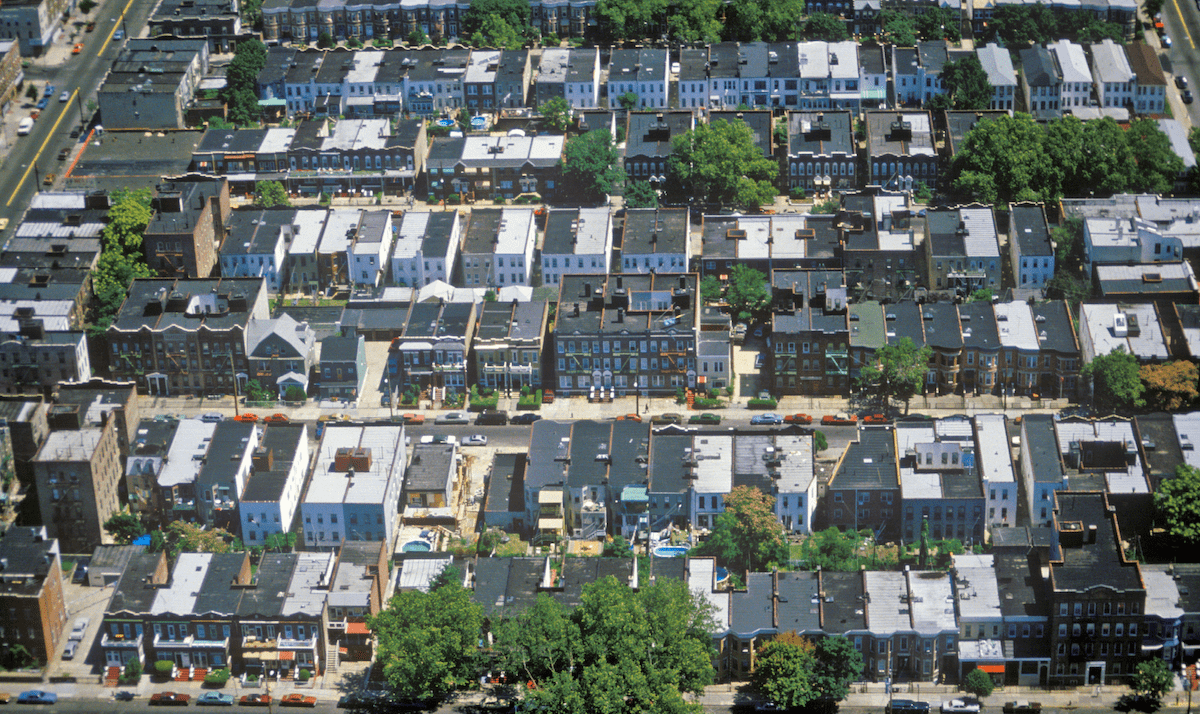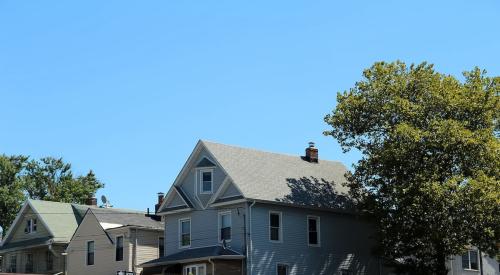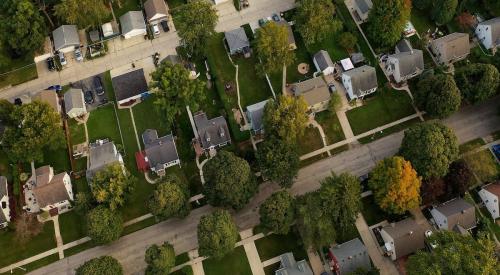The Tax Cuts and Jobs Act of 2017 defines Opportunity Zones as census tracts in or alongside low-income neighborhoods that meet certain criteria for redevelopment. By offering tax breaks in these zones, the federal government aims to spur economic development. A recent report by ATTOM, a provider of nationwide property data, examined Q4 2023 median home price data for homes in 3,667 low-income Opportunity Zones around the nation.
The report found that Opportunity Zone housing markets, which are some of the nation's most distressed communities, tracked closely with nationwide price trends, continuing a pattern evident over the past three years whereby home values inside Opportunity Zones move alongside broader nationwide gains and losses.
Opportunity Zones even showed signs again of doing slightly better than other neighborhoods around the country during the fourth quarter of last year. For example, while prices generally decreased, a slightly larger portion of Opportunity Zones saw significant price increases in the fourth quarter compared to other locations around the U.S. ...
Among states that had at least 25 Opportunity Zones with enough data to analyze during the fourth quarter of 2023, the largest portions of zones where median prices decreased quarterly were in Kentucky (medians down from the third quarter of 2023 to the fourth quarter of 2023 in 66 percent of zones), Minnesota (65 percent), Arizona (62 percent), California (61 percent) and Maryland (61 percent). States where prices were up quarterly in the largest portion of zones included Louisiana (median prices up quarterly in 67 percent of zones), Utah (63 percent), Missouri (54 percent), Ohio (53 percent) and Indiana (53 percent).













